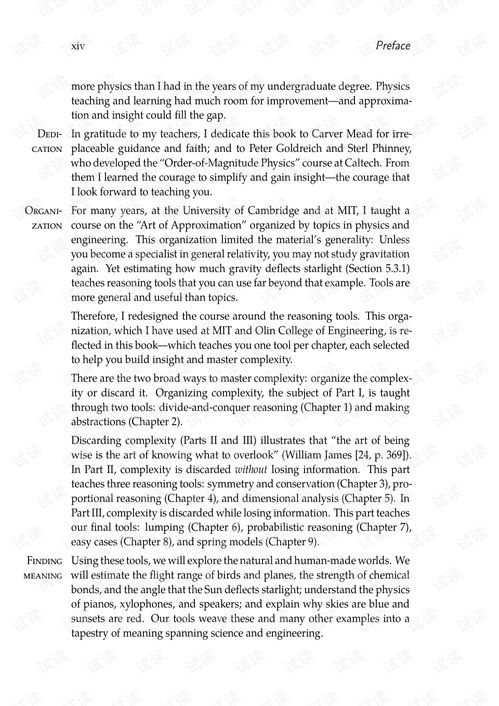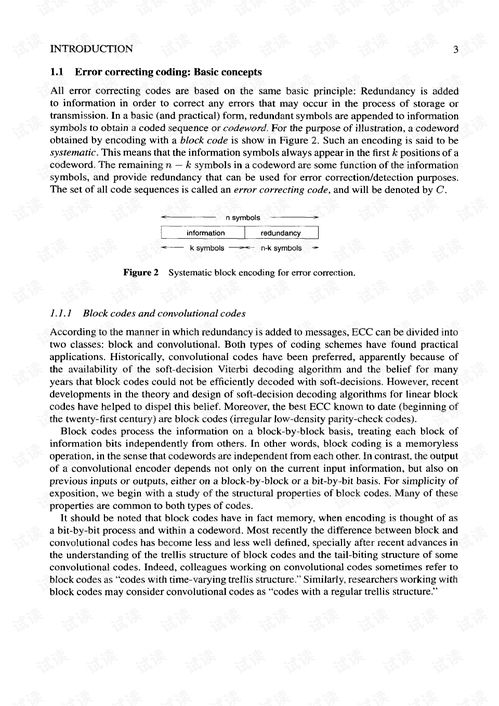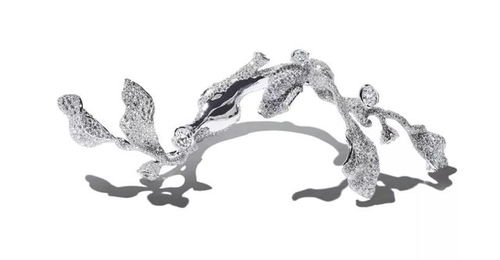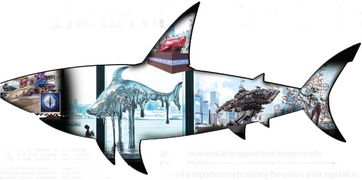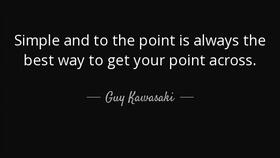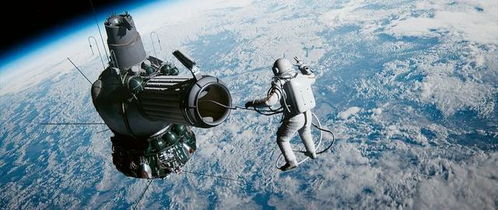Introduction:
Whether you're a seasoned angler or a beginner looking to cast your line into the great unknown, mastering the art of fishing can be a rewarding and enjoyable experience. From selecting the right equipment to understanding fish behavior, there are numerous factors that can influence your success on the water. In this comprehensive guide, we'll delve into various fishing techniques to help you improve your chances of landing that big catch. So, let's dive in and explore the world of fishing with these expert techniques.
Choosing the Right Fishing Gear:
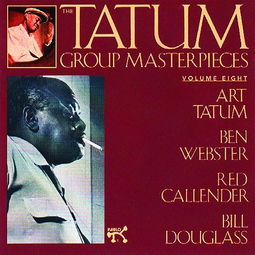
The first step in becoming a proficient angler is to equip yourself with the right tools. Here are some essential gear items to consider:
- Rod and Reel: Select a rod and reel that match the type of fishing you plan to do. For example, a spinning rod and reel are ideal for freshwater fishing, while a baitcasting outfit is better suited for saltwater.
- Line: Choose a line that matches the size and strength of the fish you're targeting. Monofilament, fluorocarbon, and braided lines each have their advantages and disadvantages, so research which one is best for your specific needs.
- Hooks: Hooks come in various sizes and shapes, so it's important to match the hook size to the bait and the type of fish you're targeting.
- Lures and Baits: Lures and baits can mimic the movement of real fish, attracting predators. Experiment with different types to see what works best in your fishing environment.
Understanding Fish Behavior:
To effectively catch fish, you need to understand their behavior. Here are some key points to consider:
- Seasonal Patterns: Fish behavior can change with the seasons. For example, many fish move to deeper water during the summer months to stay cool.
- Feeding Times: Fish are most active during certain times of the day, such as early morning and dusk. Try to fish during these peak feeding times.
- Water Conditions: Water temperature, clarity, and flow can all influence fish behavior. Observe the water conditions and adjust your tactics accordingly.
Casting Techniques:
Casting is a fundamental skill that can make or break your fishing experience. Here are some tips to improve your casting:
- Preparation: Make sure your line is untangled and your reel is properly loaded before you start casting.
- Backcast: Start by bringing the rod back behind you and then flicking it forward to cast the line.
- Accuracy: Practice your casting in open areas to improve your accuracy. Aim for a target and try to hit it consistently.
- Distance: If you need to cast a long distance, try using a heavier lure or adding a weight to your line to increase casting power.
Bait Presentation:
The way you present your bait or lure can greatly impact your success. Here are some tips for effective bait presentation:
- Natural Movement: Fish are more likely to strike if your bait or lure moves in a natural way. Experiment with different retrieves or presentations to see what works best.
- Submerged Bait: For certain fish species, like bass, using a bait that sinks to the bottom can be more effective.
- Topwater Lures: Topwater lures can be used to attract fish that are feeding near the surface. They create a lot of noise and movement, which can trigger strikes.
Reading the Water:
Understanding the water you're fishing can give you a significant advantage. Here are some tips for reading the water:
- Structure: Look for natural or man-made structures, such as rocks, logs, and docks, where fish might be holding.
- Current: Observe the water's flow and use it to your advantage. For example, you can cast into the current to present your bait to fish that are moving with the flow.
- Vegetation: Fish often use aquatic vegetation as cover or to ambush prey. Be aware of the vegetation in your fishing area and use it to your advantage.
Patience and Persistence:
Lastly, remember that fishing is a patient sport. It's important to be persistent and not get discouraged if you don't catch fish right away. Here are some tips to keep you motivated:
- Stay Hydrated: Drink plenty of water, especially on hot days, to stay hydrated.
- Take Breaks: Take breaks to rest and refuel. This can also help you to stay alert and focused.
- Enjoy the Experience: Remember that fishing is about more than just catching fish. Enjoy the beauty of nature and the peace of being on the water.
Conclusion:
By applying these expert fishing techniques, you'll be well on your way to becoming a more skilled angler. Remember to choose the right gear, understand fish behavior, master casting techniques, and read the water. With patience and persistence, you'll be able to enjoy the thrill of the catch and the tranquility of the water. Happy fishing!
